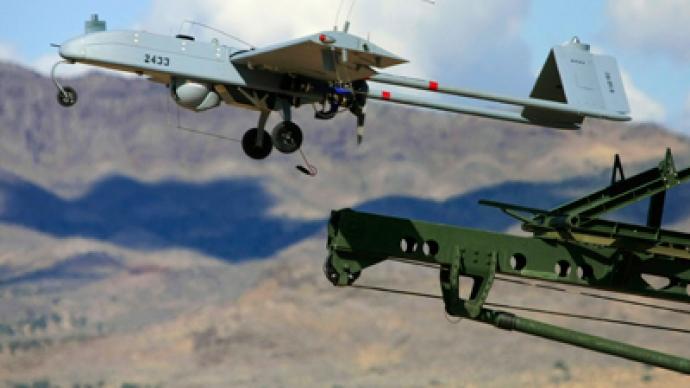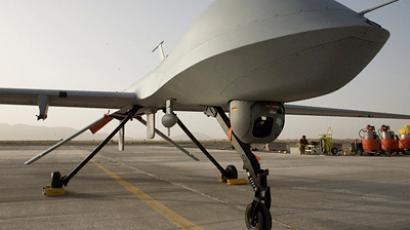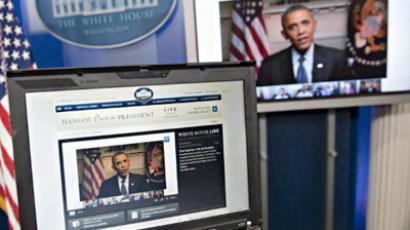CIA wants more drone strikes in Yemen

After the United States defended last year’s assassination of American citizens abroad with “signature strikes” carried out by its controversial drone program, the CIA is now asking Washington to expand its power to conduct those kills in Yemen.
If allowed, it could be a major blow to al-Qaeda operatives working in the state of Yemen. It could also, however, serve as a catalyst for distrust of the United States. Anti-American sentiments have only increased since the US expanded its overseas drone program. While these signature strikes have indeed been successful to a degree in bringing alleged terrorists to their death, opponents of the program have been put off by how the kills are carried out. In the Washington Post’s report on the plea from the Central Intelligence Agency, they acknowledge that leading US officials are aware that the program relies on limited intelligence to conduct the strikes — and carries out the kills “even when [they] do not know the identities of who could be killed.”“[T]here is still a very firm emphasis on being surgical and targeting only those who have a direct interest in attacking the United States,” a senior Obama administration official, speaking on condition of anonymity, tells the Post.By using the “signature strikes” carried out by America’s arsenal of unmanned, robotic drone aircraft, the United States’ military and intelligence community has executed persons alleged to have ties with al-Qaeda, an organization considered a terrorist group by the US and others. A massive backlash against similar strikes in Pakistan have all but forced America’s fair-weather ally to condemn the country’s drone attacks there, but now the CIA is asking for the ability to continue those kills in neighboring Yemen with fewer loopholes and less restrictions on the controversial strikes.According to a report published this week by the Washington Post, top-officials within the CIA have gone on the record to say that the agency is asking for authority to expand the campaign in Yemen, where the US believes yet more al-Qaeda members are operating from. Last year the US conducted a strike in Yemen, executing American citizens Anwar al-Awlaki and Samir Khan in the process.How they US determined the validity and severity of those threats are largely up for debate. It took six months for US Attorney General Eric Holder to offer an explanation for the execution of al-Awlaki, and further facts about the top-secret strikes are not expected to be released anytime soon. Nonetheless, the country’s top spy agency is asking for the ability to carry out those kills more often than already allowed.When Holder finally did offer the administration’s reasoning for the assassination of al-Awlaki, the attorney general said America is faced with “a nimble and determined enemy that cannot be underestimated” and that the continuation of the drone program was necessary.“Our legal authority is not limited to the battlefields in Afghanistan,” explained Holder. He added, however, that “it is entirely lawful” to target leaders of terrorist groups.“The Supreme Court has made clear that the Due Process Clause does not impose one-size-fits-all requirements, but instead mandates procedural safeguards that depend on specific circumstances. In cases arising under the Due Process Clause – including in a case involving a U.S. citizen captured in the conflict against al Qaeda – the Court has applied a balancing approach, weighing the private interest that will be affected against the interest the government is trying to protect, and the burdens the government would face in providing additional process. Where national security operations are at stake, due process takes into account the realities of combat,” said Holder.Earlier in the year, President Obama defended the killings as well, saying, "For us to be able to get them in another way would involve probably a lot more intrusive military action than the ones we're already engaging in.”The president added that it’s "important for everybody to understand that this thing is kept on a very tight leash,” although the UK’s Bureau of Investigative Journalism argues that since America began drone strikes, at least 385 civilians have been executed in US-led attacks














